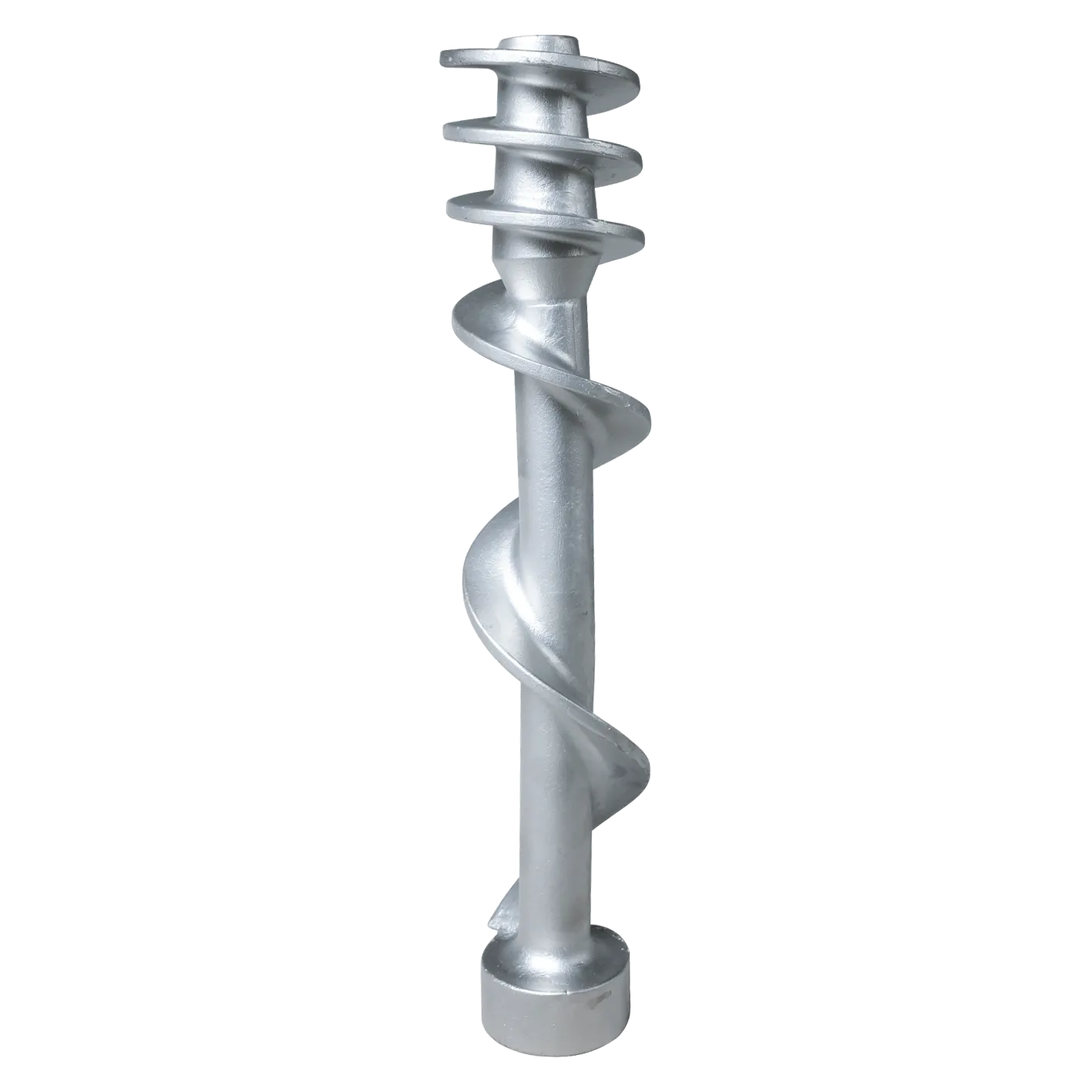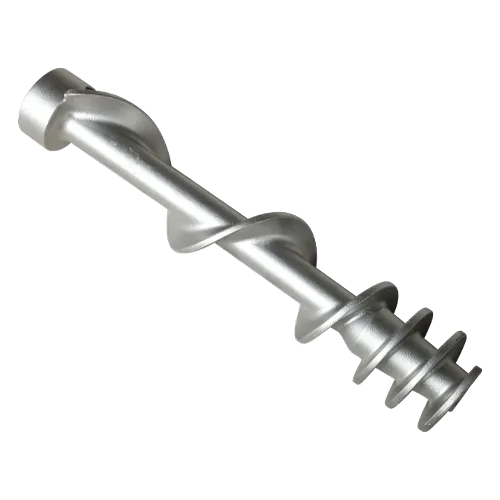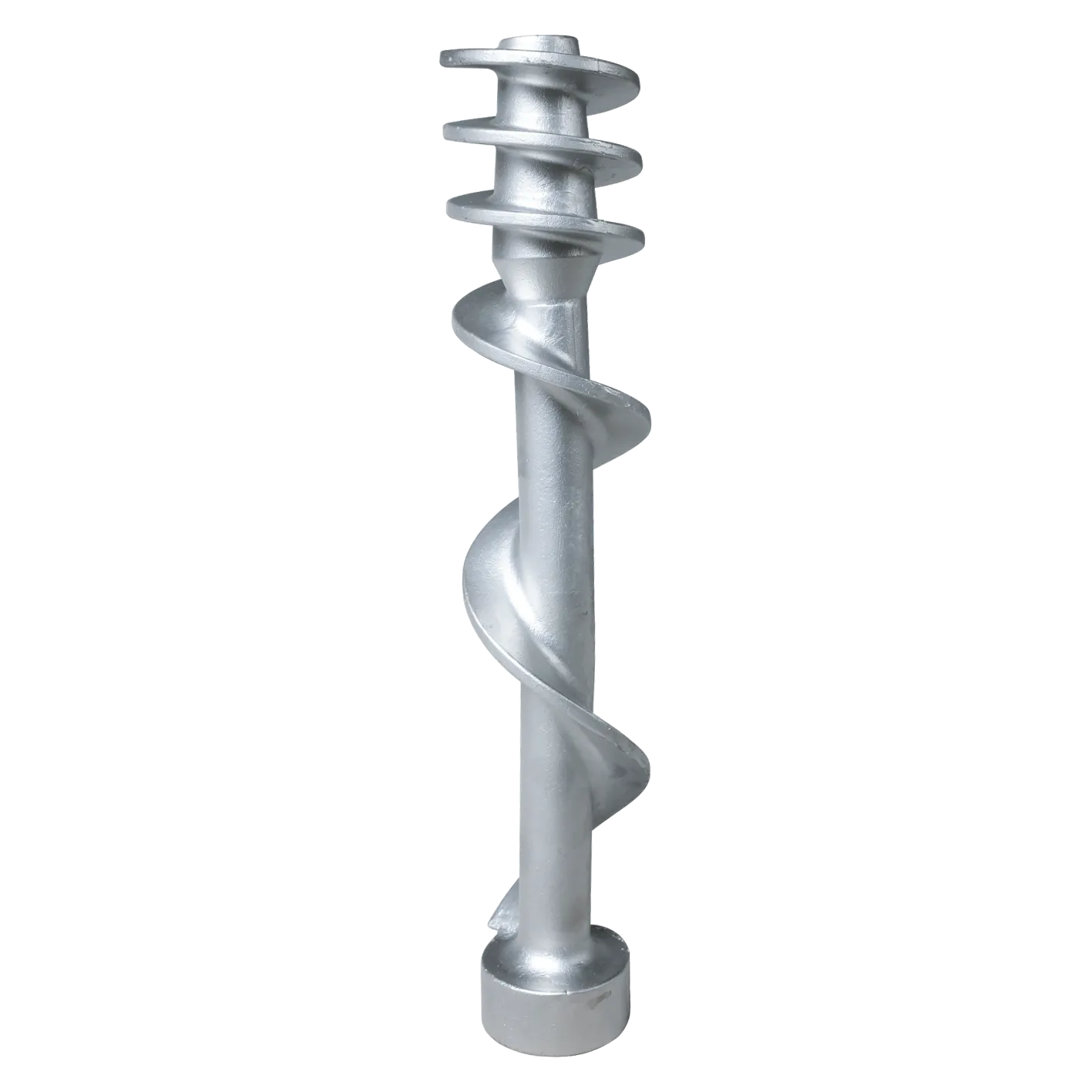The characteristics of food machinery parts castings mainly include the following aspects:
Complex shape: food machinery fittings usually need to deal with parts of various shapes and sizes, castings can adapt to this demand, especially blanks with complex internal cavities, which makes castings widely used in food machinery manufacturing.
Wide adaptability: castings can be produced from as small as a few grams to as large as hundreds of tonnes of various metals and their alloys, suitable for various scales of production needs.
Low cost: casting production equipment costs are low, the casting of small machining allowance, saving metal materials and machining workload, thus reducing production costs.
Poor mechanical properties: due to the liquid metal in the condensation process of the formation of coarse grains, prone to porosity, cracks and other defects, so the mechanical properties of the casting is not as good as the same material forgings.
High surface finish: some special process castings, such as ductile iron, both a certain strength and toughness, and wear resistance, can meet the requirements of such as engine crankshafts and other important parts, and forming simple, cheaper than forging.
Defect insensitivity: defects within castings are less likely to expand in use, which makes them more reliable in certain applications.
Widely used: castings have a large proportion of mechanical products, widely used in tractors, agricultural machinery, machine tools, internal combustion engines and other equipment, food machinery parts are no exception.
In summary, food machinery fittings castings are widely used in food machinery manufacturing due to their complex shape, wide adaptability, low cost, high surface finish, defect insensitivity and other characteristics.
Hygiene requirements of food machinery fittings castings
Material requirements: casting materials must be non-toxic, odourless, corrosion-resistant, non-absorbent and non-deforming to ensure food safety1.
Densification requirements: castings should have good densification to prevent defects such as porosity and cracks, which may affect the hygienic quality of food.
Easy to clean: the casting surface should be clean, with rounded edges and corners, no dead corners, not easy to accumulate dirt, and easy to disassemble, clean and sterilise to prevent bacterial growth.
Prevent contamination: castings in the design and manufacturing process should consider how to prevent the product from external contamination, such as setting up a reliable sealing device to prevent the product area from direct contact with the outside world.














